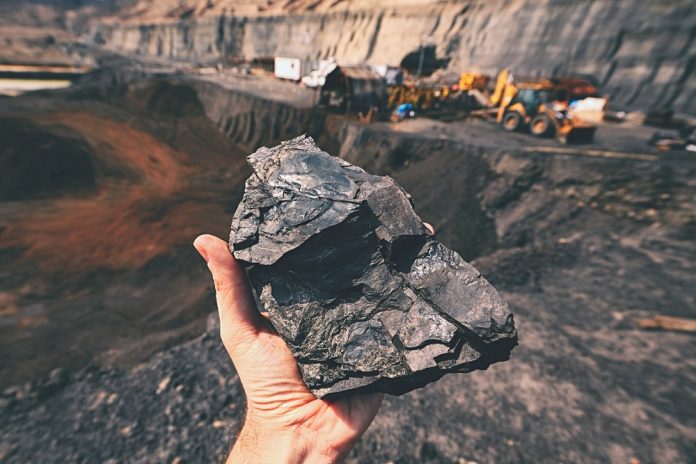Australia is the worst climate performer in the developed world and will remain last even if it promises to get to net zero emissions by 2050, a new Climate Council report says.
The advocacy group has compared what 31 wealthy developed nations are doing to limit global warming ahead of the pivotal Glasgow climate conference in 10 days’ time.
Two new rankings put Australia right at the back of the pack, and well off the pace being set by its allies and trading partners.
Australia was placed last based on progress so far to cut emissions, and future pledges.
But Energy and Emissions Reduction Minister Angus Taylor has called the Climate Council report misleading and “complete rubbish”.
Among other things, the report cited Australia’s failure to commit to deeper emissions cuts by 2030, and its accounting of gains through land use changes to mask rising emissions from the dirtiest sectors.
The second ranking put Australia in equal last position – alongside Canada – for its dependence on fossil fuels when both domestic use and exports were taken into account.
Despite having renewable energy sources that would allow it to meet its domestic needs many times over, Australia continued to extract, burn and export enormous quantities of coal and gas, the report said.
The Climate Council’s head of research and lead author Simon Bradshaw says Australia has been masking the real situation on emissions.
He said no other comparable countries count gains from land use changes, such as reduced deforestation, but Australia does.
Dr Bradshaw said the report excluded those gains and in doing so exposed the reality of Australia’s position.
“In the sectors that matter things have actually been trending upwards,” he said.
Electricity emissions have increased by around a third since 1990, while transport emissions grew by more than half, the report said.
“It’s only through a reduction in land clearing and land use that Australia is able to claim that it is really making any progress at all. That is important but it can’t be a substitute for decarbonising our electricity and transport sectors.”
Help keep independent and fair Sunshine Coast news coming by subscribing to our free daily news feed. All it requires is your name and email. See SUBSCRIBE at the top of this article
The council’s chief climate councillor Tim Flannery will be in Glasgow later this month for COP26.
Prime Minister Scott Morrison will be there too but is still negotiating with the Nationals to get a majority of them to back a target of net zero emissions by 2050.
Prof Flannery says the country is about 10 to 15 years late on the issue.
“Delay has its costs. Over the last 15 or so years humanity has put out one quarter of all of the greenhouse gas emissions we’ve ever put out. That has consequences. That shortens timelines,” Prof Flannery said.
He said scientists were “no longer talking about 2050”.
“We effectively have to decarbonise by about 2035 in order to give ourselves a reasonable chance of avoiding catastrophic climate change.”
But Mr Taylor called the Climate Council report “complete rubbish”.
“Excluding sources of emissions reductions to suit a politically-motivated narrative, as the Climate Council does, shows a lack of respect for the Paris Agreement or climate science,” he said in a statement.
The minister said Australia’s emissions accounting was “the global gold standard”.
“No other country offers more comprehensive or timely reporting. We prepare our accounts according to IPCC guidelines and they are reviewed annually by expert teams assembled by the UN.”
Mr Taylor said Australia would continue to account for all sources of emissions and reductions for its 2030 Paris target, as other major developed parties including the European Union do.





